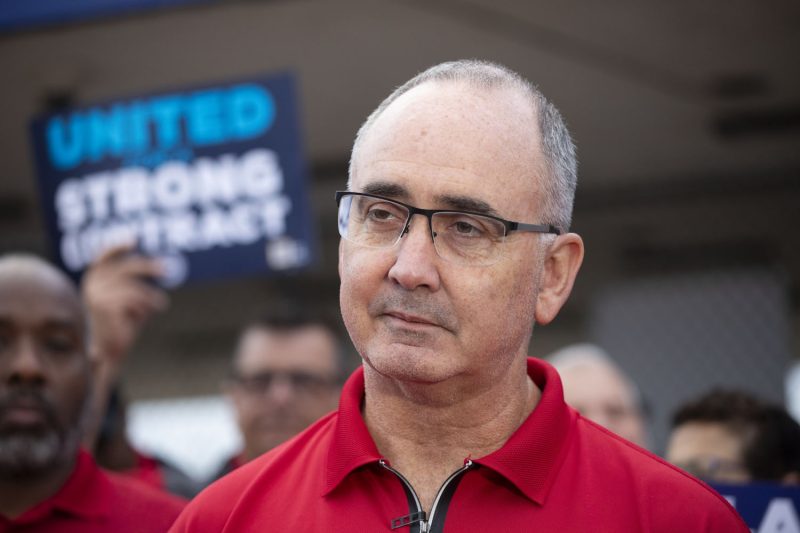The recent developments in the labor landscape of Mercedes-Benz’s factory in Alabama have sparked heated discussions and legal actions. The United Auto Workers (UAW) union has challenged the outcome of the union vote at the plant, raising concerns about the fairness of the election process and potential anti-union activities by the management.
One of the key issues brought up by the UAW is the alleged interference by Mercedes-Benz management in the union vote. The UAW has accused the management of engaging in unfair practices and creating a hostile environment for pro-union workers, which may have influenced the outcome of the election. These allegations have prompted the UAW to appeal to the National Labor Relations Board (NLRB) for a new election, seeking a chance for workers to cast their votes in a more impartial setting.
The UAW’s move to challenge the union vote at the Mercedes-Benz plant highlights the importance of upholding workers’ rights to fair and unbiased union representation. The NLRB plays a crucial role in ensuring that labor laws are followed and that workers are able to exercise their rights without fear of retaliation or coercion. By requesting a new election, the UAW is advocating for the protection of workers’ rights and a level playing field for unionization efforts.
The outcome of this legal battle between the UAW and Mercedes-Benz will have significant implications for the future of labor relations at the plant and beyond. If the NLRB grants the request for a new election, it could set a precedent for holding employers accountable for unfair labor practices and ensuring that workers have a fair chance to choose union representation. On the other hand, if the challenge is unsuccessful, it may embolden companies to continue anti-union activities without consequences.
Ultimately, the dispute over the union vote at the Mercedes-Benz plant underscores the complex dynamics at play in labor relations and the importance of protecting workers’ rights in the face of powerful corporate interests. The outcome of this case will serve as a litmus test for the effectiveness of labor laws in safeguarding workers’ rights and promoting a fair and just workplace environment. Moving forward, it is crucial for all stakeholders, including unions, employers, and regulatory bodies, to work together to uphold the principles of fairness and equity in labor relations.
